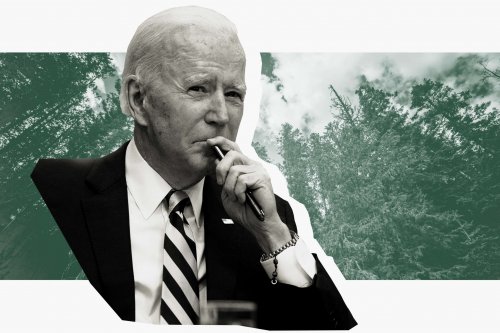US efforts to decarbonize metallurgy may be undermined if the country does not introduce a cross-border tax on carbon emissions.
This was stated by the General Director of the American Iron and Steel Institute (AISI) Kevin Dempsey, adding that the <br should prevent the import of cheaper steel with a high carbon content, reports GMK Center with reference to S&P Global.
Dempsey emphasized that the investments of US metallurgists in decarbonization amount to $23 billion. And the cross-border carbon adjustment mechanism will become an important factor for the decarbonization of the industry.
Holcim's head of climate, environmental, social and governance policy and government affairs, Melissa Carey, said steel and cement producers needed protection in the decarbonisation process. After all, such modernization leads to higher costs.
The material emphasized that the supporters of the cross-border levy also believe that the USA should introduce its counterpart CBAM. After all, the first stage of the launch of the carbon tax in the EU will begin in October 2023. The CBAM will cover six sectors, including steel imports.
"Decarbonization of the industrial sector turned out to be a difficult area for legislators. Several bipartisan packages approved over the past couple of years have made it possible to attract billions in funding for process replacement demonstration projects," the article said.
It is noted that the US Department of Energy is currently accepting final proposals for projects aimed at accelerating decarbonization in energy-intensive industrial sectors. After all, the production of steel, aluminum and cement accounts for almost 25% of greenhouse gas emissions in the country.
Earlier, EcoPolitic wrote, that Great Britain is considering introducing its carbon tax on imported steel, which is similar to the European Carbon Border Adjustment Mechanism (CBAM).
As EcoPolitic previously reported, on April 18, the members of the European Parliament approved agreements on the reform of the emissions trading system (ETS), the carbon import adjustment mechanism (CBAM) and the creation of the social climate fund (SCF). In June, the European Commission published the draft "Regulations on the implementation of CBAM" regarding obligations regarding CBAM reporting and rules.





